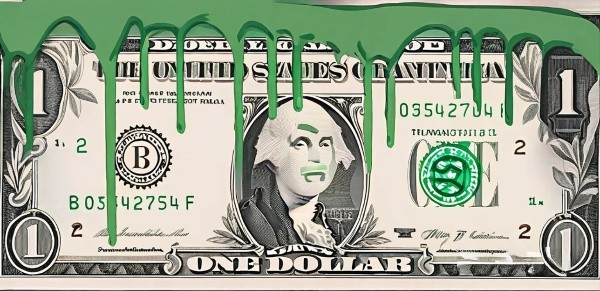The deal was originally struck on June 8, 1974, and officially expired on June 9, 2024. It was established in the aftermath of the US oil crisis when the country detached from the gold standard, causing instability in the global economy.
Petrodollars
Petrodollars refer to US dollars exchanged for crude oil exports. This system was set up in 1972 after the US ended its gold standard, leading to the petrodollar system, which reinforced the dominance of the US dollar as the global reserve currency. This system provided various economic benefits to the US, including cheaper imports for consumers and a strong bond market due to capital inflow into US treasury bonds.
Details of the Deal
The 1974 agreement between Saudi Arabia and the US stipulated that the US would purchase oil from the Kingdom and provide it with military aid and equipment in return. Saudi Arabia, in turn, reinvested its petrodollar revenues back into the US, thereby financing American expenditures.
What Happens Next?
With the expiration of the deal, Saudi Arabia is now free to sell oil and receive payments in various currencies, including yuan, euros, rubles, and yen. The Kingdom is also considering transactions in digital currencies such as Bitcoin. Over the long term, this could accelerate the trend of using alternative currencies for international trade.
Impact on the Global Financial System
The end of the petrodollar deal is expected to bring significant changes to the global financial order. Pricing oil in currencies other than the dollar could reduce the global demand for the US currency, potentially leading to higher inflation, increased interest rates, and a weaker bond market in the US.
This development signifies a shift in global power dynamics, suggesting that the dominance of the US dollar is no longer guaranteed. Experts believe this shift could lead to a broader geopolitical realignment, with countries like Saudi Arabia seeking to reduce their reliance on the US and strengthen ties with other economic powers such as China and the BRICS nations.
Expert Opinions
James E. Thorne of Wellington-Altus Financial Inc. stated on X (formerly Twitter) that this development represents a strategic move by the US to manage the decline of the US dollar and enhance its ability to refinance national debt at lower rates. He noted that the shift away from the petrodollar system could contribute to a broader geopolitical realignment and impact fiscal dominance and global finance.
The expiration of this historic agreement marks the beginning of a new era, challenging the established strength of the US dollar in the global financial system.








